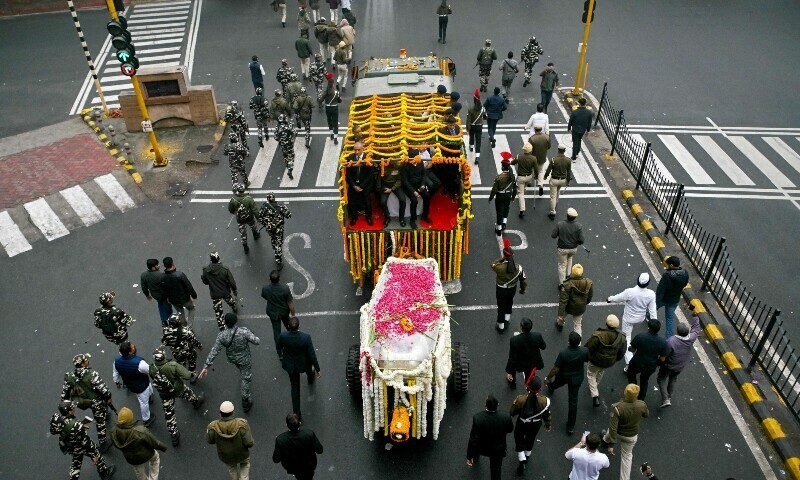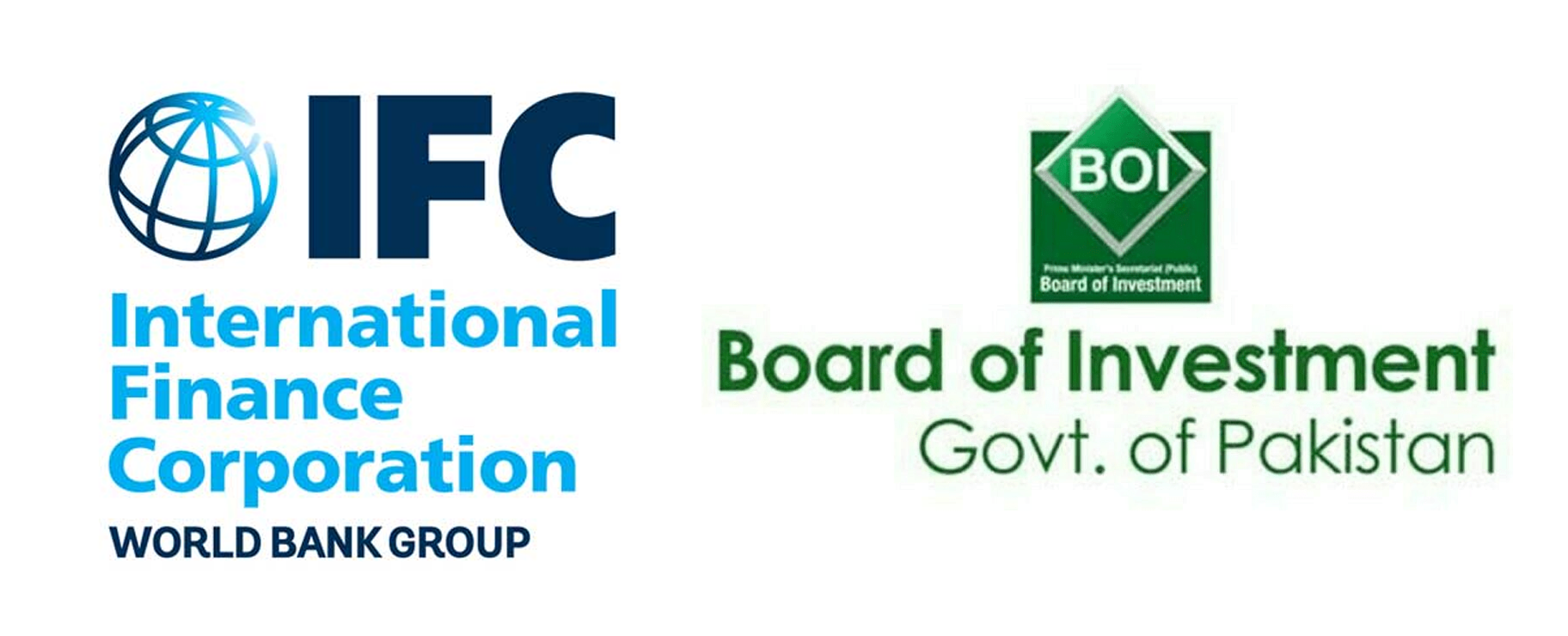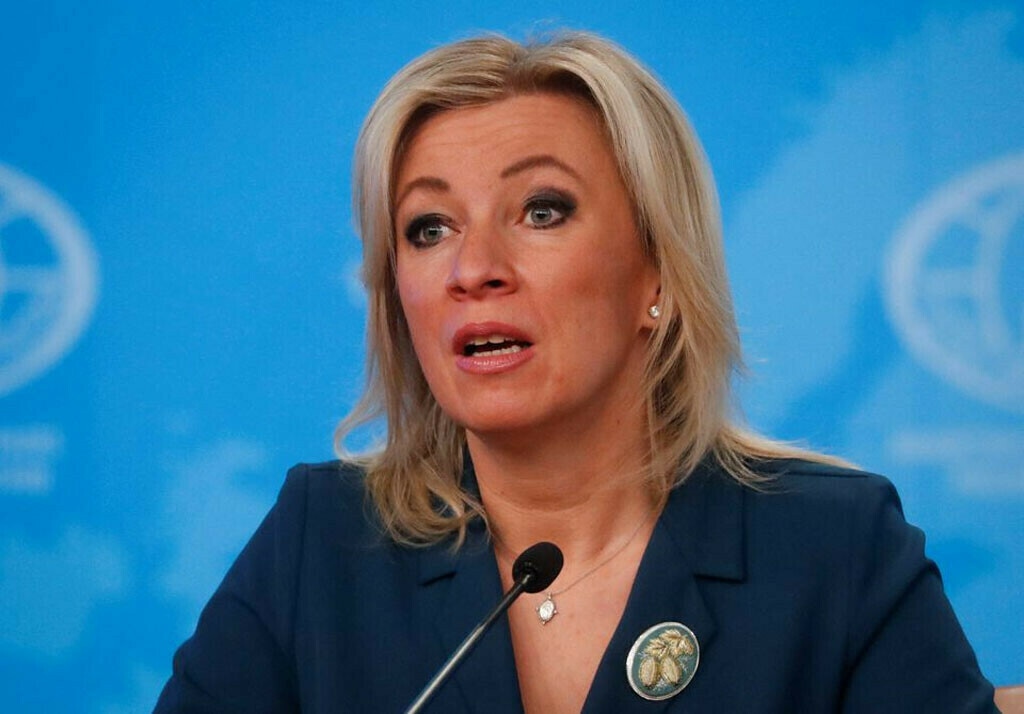PTBP Web Desk
Mourners in New Delhi gathered on Saturday to pay their respects to Manmohan Singh, India’s former prime minister and a pivotal figure in the country’s economic liberalization. Singh, who served as prime minister from 2004 to 2014, passed away on Thursday at the age of 92. In recognition of his contributions, the government declared seven days of state mourning.
Singh’s coffin, draped with garlands of flowers, was escorted by a guard of honor as it was carried to the Congress Party headquarters in New Delhi. Following this tribute, the procession will move through the capital for his cremation, accompanied by a ceremonial guard of soldiers and full state honors.
Prime Minister Narendra Modi and other prominent leaders are expected to attend the funeral. Modi described Singh as “one of India’s most distinguished leaders,” highlighting his lasting impact on the nation. Rahul Gandhi, the Congress leader, called Singh “a mentor and guide,” commending his immense wisdom and integrity. US President Joe Biden also joined in honoring Singh’s legacy, calling him a “true statesman” who “charted pathbreaking progress” for both India and the world.
Manmohan Singh’s career was defined by his role in transforming India’s economic landscape. During his tenure as prime minister, the nation witnessed significant progress. His first term was marked by an economic boom, with growth rates reaching nine percent. However, his second term faced challenges, including corruption scandals, high inflation, and slowing growth, which tarnished his earlier achievements.
Singh’s political journey gained momentum during the economic crisis of 1991. As finance minister under Prime Minister P.V. Narasimha Rao, Singh introduced groundbreaking reforms to rescue India from its worst financial crisis. His policies, including trade liberalization and market reforms, laid the foundation for decades of economic growth.
Born in 1932 in the mud-house village of Gah, now in Pakistan, Singh’s rise from humble beginnings to one of India’s most respected leaders is an inspiring story. He pursued economics to combat poverty, earning scholarships to Cambridge and Oxford, where he completed his doctorate. Singh’s distinguished career included roles as a senior civil servant, central bank governor, and positions with global organizations like the United Nations.
In 2004, despite never having held an elected post, Singh was chosen by the Congress Party as their prime ministerial candidate. His leadership during his first term elevated India’s global stature, particularly through a landmark nuclear agreement with the United States. This deal addressed India’s growing energy needs and strengthened its international partnerships.
President Droupadi Murmu expressed deep sorrow over Singh’s passing, noting that he would “always be remembered for his service to the nation, his unblemished political life, and his utmost humility.” Leaders from across the political spectrum and the international community have echoed these sentiments, emphasizing his contributions to governance and economic policy.
Singh’s passing also marks a significant moment for the Congress Party. Rahul Gandhi’s statement reflected the personal and political loss felt by the party and the nation. Singh’s understated leadership style, characterized by integrity and pragmatism, remains a source of inspiration for many.




